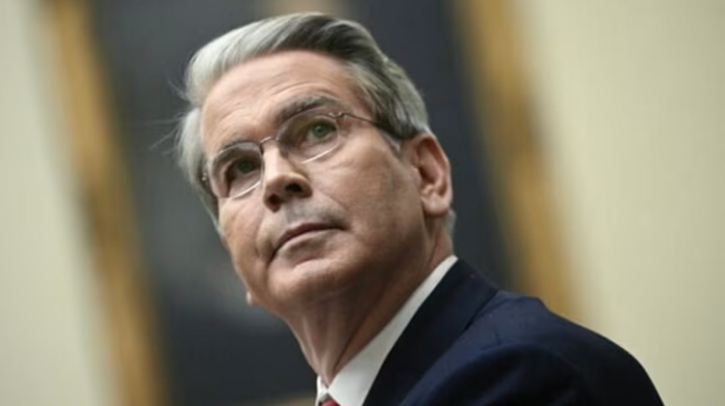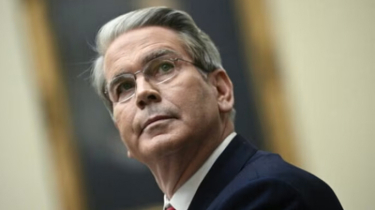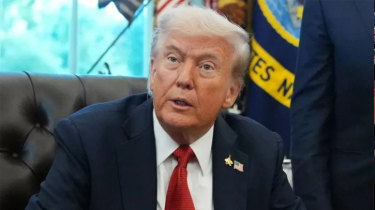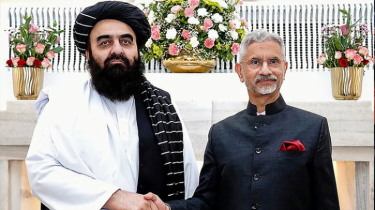US Treasury Chief: Beijing “Trying to Damage” Global Economy; Silver Hits Record

Published : 01:22, 15 October 2025
The United States escalated its rhetoric against China on 14 October 2025, with Treasury Secretary Scott Bessent accusing Beijing of “trying to damage the global economy” through sweeping export controls on critical minerals and other measures that Washington says are designed to weaponise supply chains.
The remarks came as the US and China rolled out tit-for-tat port fees and mulled further trade actions. Beijing forcefully rejected the accusation, calling US threats of steep tariffs “intimidation” and vowing to “fight to the end” if necessary.
The war of words unfolds ahead of a still-tentative late-October meeting between President Donald Trump and President Xi Jinping, with Bessent saying the summit remains possible even as tensions spike.
US officials argue China’s latest curbs, particularly on rare earths and other strategic inputs, risk disrupting manufacturing worldwide and deepening an already fragile global outlook.
The comments build on long-running US complaints about Chinese industrial overcapacity and market-distorting exports in sectors like EVs, batteries, and solar components, which Washington and allies have been scrutinising for potential trade remedies. Beijing counters that its export controls are grounded in national security and that the US has itself intensified restrictions and blacklists that strain global supply chains.
Financial markets reflected the stress: silver surged to an all-time high near $53 per troy ounce on Tuesday amid an acute shortage of deliverable metal in London. Traders reported record premiums over New York futures and even rare air shipments of silver into the UK, as inventories at key hubs dwindled.
The price spike outpacing gold’s rise this year has been fueled by a mix of safe-haven demand, robust industrial buying from electronics and solar sectors, and heavy seasonal purchases in India.
Analysts noted that supply is structurally tight because most silver is mined as a by-product of other metals, limiting the market’s ability to respond quickly to price signals.
Despite the heated exchanges, both sides have left the door open to further talks.
Diplomats say any de-escalation would likely require reciprocal steps: clearer guardrails around export controls, more transparency on industrial policies, and a pause in new tariff actions.
In the meantime, the combination of geopolitical friction and physical market squeezes is injecting fresh volatility into commodities and raising the risk of broader spillovers to global manufacturing and inflation.
Sources: Financial Times, Reuters, Al Jazeera, Business Standard, CBS News, The Guardian.
BD/AN











